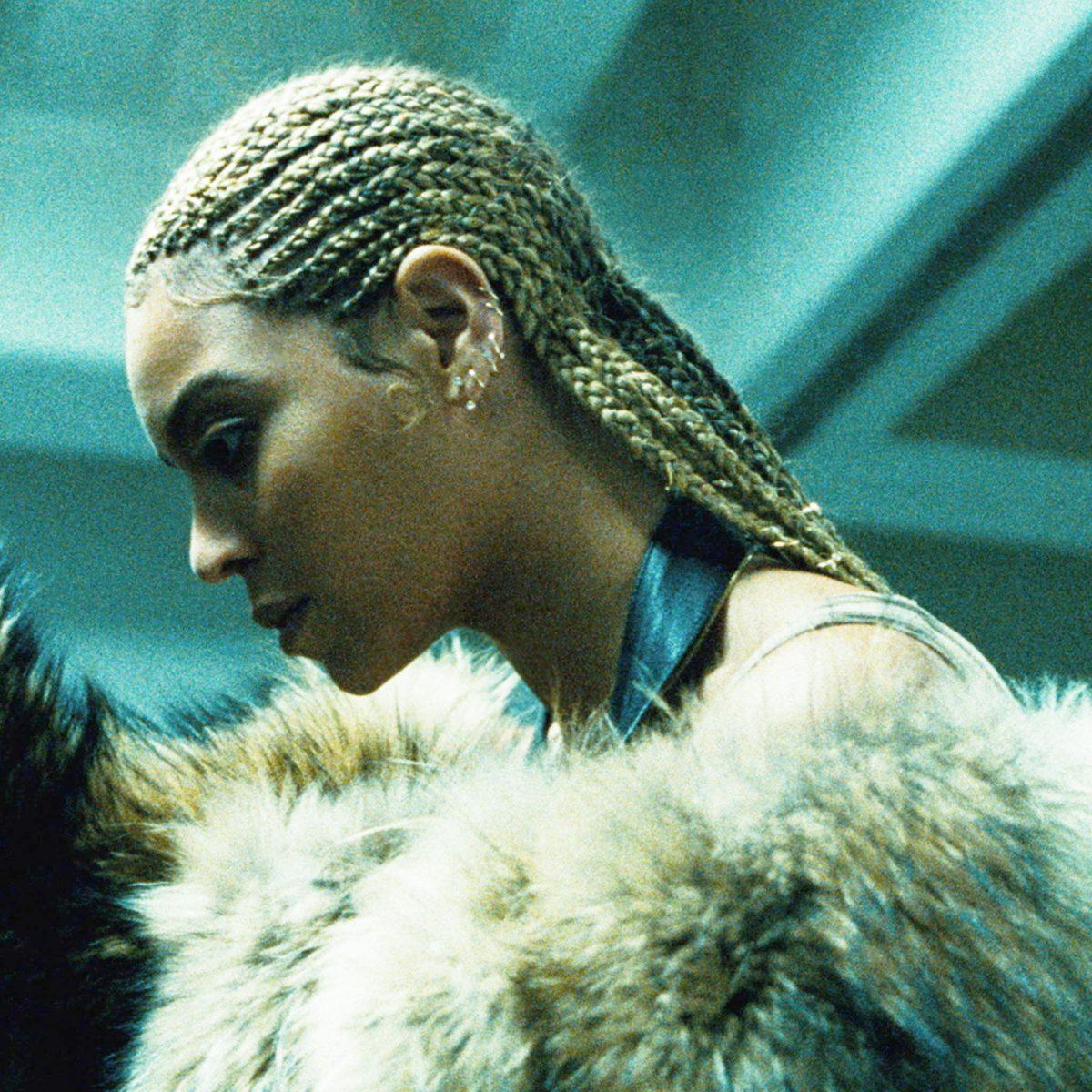When Beyoncé drops new music, the entire world stops. Back in 2013, Beyoncé shocked the world by dropping an album out of nowhere. Three years later, Queen B returns with another surprise album drop. Her 2013 self-titled album was an album full of her sexual escapades. It was about her expressing herself as a sexual human being. “Lemonade” is the farthest thing from that. This album isn’t about a woman’s desires, rather a woman’s crawl back from the depths of heartbreak.
Rumors have been swirling around about Beyoncé’s husband’s, Jay–Z, infidelity for quite some time now. “Lemonade” addresses those rumors with cunning ferocity. Yes, Jay–Z was unfaithful and sent Beyoncé through a whirlwind of pain. What resulted in this betrayal is some of Beyoncé’s best and most emotional work ever. “Lemonade” is versatile in its sound, combining jazz, doo–wops, hip–hop and much more to help deliver a message.
For every woman that has ever been cheated on, hurt, toyed with or abused: this album is chopped up of anthems made for you. It’s a journey that takes the listeners through the multiple stages of heartache. It’s a story that starts out with finding out the deception and ends with acceptance.
On the opening “Pray You Catch Me,” Beyoncé sings over soft piano keys about her suspicions of her lover’s adultery. “I can taste the dishonesty, It’s all over your breath/ As you pass it off so cavalier/ But even that’s a test/ constantly aware of it all.” She wants to rest assure that he is unfaithful. On “Hold Up,” finds herself going crazy over the uncertainty of her lover’s emotions. “Going through your call list/ I don’t wanna lose my pride but I’ma f*ck me up a b*tch,” she sings.
As the story continues, we see her anger take over. “You ain’t married to no average b*tch boy/ You can watch my fat a*s twist boy/ As I bounce to the next d*ck boy/ And keep your money cause I got my own,” she sings on “Don’t Hurt Yourself.”
On the country-esque “Daddy’s Lessons,” Beyoncé discusses her father teaching her to watch out for men that would hurt her, to learn to fight back against them. She sings, “My daddy warned me about men like you/ He said baby girl he’s playing you/ He’s playing you.”
Near the end of the album, Beyoncé begins accepting herself both physically and emotionally. She embraces her race, culture, emotions and situation in order to move forward.
Beyoncé treats the listener to one of her most inspirational and one of her best tracks she’s ever created. “Freedom” is an empowering track about embracing one’s self and African American rights. Beyoncé addresses the racism and social injustices currently going on in America. The track has a gospel vibe to it, using organs, drums, and claps to touch the listener’s soul. “Singin’, freedom! Freedom! Where are you?/ Cause I need freedom too!/ I break chains all by myself,” she sings.
It’s only fitting that she would bring along Kendrick Lamar to elevate the scale of the song. K.-Dot raps, “Channel 9 news tell me I’m movin’ backwards/ Eight blocks left, death is around the corner/ Seven misleadin’ statements ‘bout my persona.”
The closing track, “Formation,” finds Beyoncé further embracing her African American heritage. She’s appreciative of her roots and the characteristics that come with it. She sings, “I like my baby heir with baby hair and afros/ I like my negro nose with Jackson Five nostrils.”
“Lemonade” could possibly be Beyoncé’s best album. It’s powerful and moving, and never overstays it’s welcome. For those looking for singles like “Single Ladies,” look elsewhere. However, for those looking for something much deeper and meaningful, look no further. The Queen is back.



































